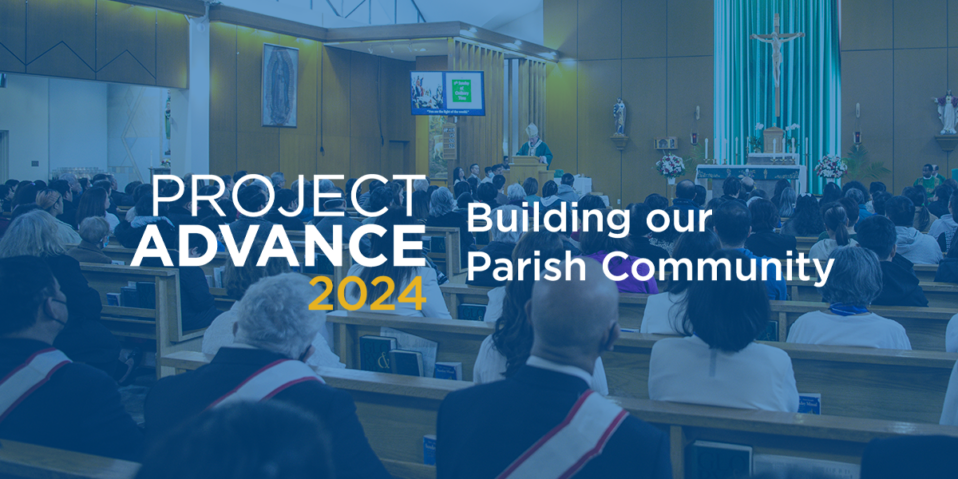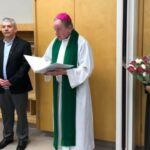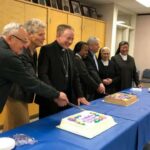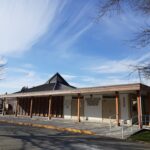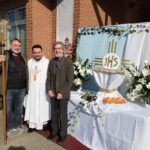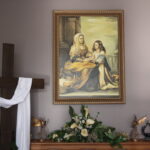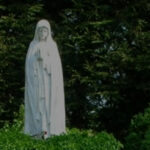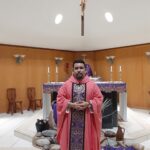By Fr. Hien Nguyen
Philanthropic Stage / Psycho-social / Illumination
An unexpected purification came when the war between the Communist from the North and the Republic from the South ended on April 30, 1975. The Communist officially took control of the whole country. John’s father who was a politician for the Republic in the South went in hiding and avoided concentration camp. When his parents recognized the danger, they decided to leave everything behind, packed the essentials, and took the children to a rice farm in the Southern part of Vietnam near the Mekong River. There they changed their names and lived on God’s providence.
A senior couple who had an empty dilapidated home on their farm allowed the family to temporarily use it. They started a new life all over again. In the desolation of not able to keep their identities, to go to school, to go to Church, they began to doubt the love of God. John’s family lived in fear of the communists, fear of how they could find food for the next day, fear of being arrested, fear of losing their love ones, fear of losing their own lives.
Everyday John’s task was to go with his brothers to catch fish or to go into the forest to trap birds for food. His sister would walk along the river to find vegetation. His mother and father scattered through fields to collect unwanted rice stocks. It was a time where they were in hunger and thirst; in cold and nakedness; in labour and weariness; in persecutions and many reproaches. However, it was in these circumstances that John learned the meaning of detachment. That life was more than just what he could gain and accumulate. He discovered happiness was not only to fulfill his wants, but instead it was what he can do for others.
It was when they were “strip naked” of their lives that they realized the needs of others and how others also needed them. The activities became actions and behaviour toward others. “The motivation force behind these behaviours is the awareness of our own limitations and our insufficiency as persons, which makes us aware of our need for others.”
What was important to John of his actual-self: manifest self, latent self, and social self were stripped away. What he was considered to be his values, needs, motivations, affections were all robbed by the communist. But through this purging John grew through a Moral Conversion that “changes the criterion of [his] decisions and choices from satisfactions to values, even for value against satisfaction when value and satisfaction conflict.”
During the difficult time hiding from the communist, John had different responsibilities with his family to support his parents to keep the family together. He began to shift his values toward Institutional ideal. Here it was “the demands of the role of what the institution proposes to [him]; so it is the total of the expectations, demands and requests others make on [him].” At this period, what become important to John were family bond, education, freedom, and faith. His Ideal-self or more particular his personal ideal was to become a good self-giving person with an education to help and free those who are suffering in his country. Obviously the dialectic between these personal ideal-self and his actual circumstances self-made it hard to come to realization because of the limitation created by the Communists. John was not free.
5. A. Cencini – A. Manenti, A, Psychology and formation: Structures and Dynamic, 21.
6. B. Lonergan, Method in Theology, 240.
7. A. Cencini – A. Manenti, Psychology and formation: Structures and Dynamic, 175.
His relationship with God at this time was not consistent. God to him was more of an Intuitional ideal because for John He was more of a set of “do-s and don’t-s”. He was the God that John met when he was able to go to Church with his family or the God that he talked to when it came to family prayer time. John manipulated his God and loves Him when what he asked was being answered and hated Him when things were not going well. It was dialectic between the subjective “me” and the objective God that John wanted to be in control and not God. The actual self was still dominating in John.
To be continue next week



